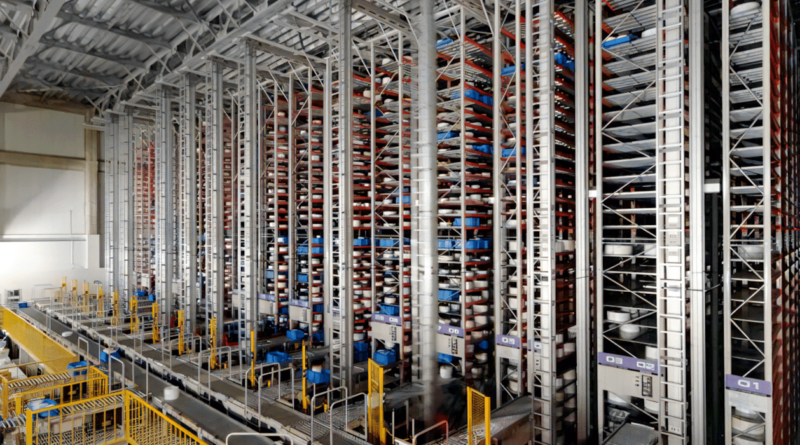MiniLoad vs. AS/RS: Which Automated Storage System is Right for You?
Automated storage systems have become essential for businesses looking to optimize their storage and retrieval operations. Among these systems, MiniLoad and Automated Storage and Retrieval Systems (AS/RS) are two prominent options. In this blog post, we will compare MiniLoad systems with AS/RS to help businesses choose the best solution for their specific needs.
MiniLoad Systems:
Advantages:
- Versatility: MiniLoad systems are highly versatile and can handle a wide range of items, from small parts to cartons and totes. Their adaptability makes them suitable for various industries and applications.
- Efficient Space Utilization: MiniLoad systems are known for their efficient use of vertical space. They maximize storage capacity without requiring excessive floor space, making them suitable for environments where space is at a premium.
- Reduced Labor Dependence: These systems significantly reduce the need for manual labor in storage and retrieval tasks. Automated robotics handle these operations, leading to labor cost savings.
- High Accuracy and Precision: MiniLoad systems provide high levels of accuracy and precision in item storage and retrieval. This reduces the risk of errors, which can be costly and time-consuming to rectify.
- Improved Inventory Management: MiniLoad systems support efficient inventory tracking and organization. Real-time data integration with inventory management software ensures better control of stock levels and reordering needs.
Disadvantages:
- Higher Initial Investment: MiniLoad systems often require a substantial initial investment, which may be a deterrent for smaller businesses with limited budgets.
- Maintenance Costs: While mini load systems are generally reliable, they may require maintenance or repairs, incurring ongoing costs.
AS/RS (Automated Storage and Retrieval Systems):
Advantages:
- High-Density Storage: AS/RS solutions are excellent for high-density storage, making them ideal for businesses with large quantities of items that need to be stored in a compact footprint.
- Versatility: AS/RS can handle a variety of load types, including pallets, totes, and cartons. This adaptability allows businesses to store a wide range of products.
- Space Efficiency: AS/RS systems maximize vertical storage, similar to MiniLoad systems, but are particularly beneficial for high-capacity storage in manufacturing, distribution, and logistics environments.
- Enhanced Security: AS/RS systems can incorporate security features, protecting valuable items and sensitive information. They can be designed with access control and secure locking mechanisms.
Disadvantages:
- Complexity: AS/RS systems can be complex to design and implement, often requiring the expertise of system integrators. This complexity may result in longer lead times and higher initial costs.
- Higher Initial Costs: AS/RS systems are typically more expensive to implement initially, which can be a barrier for smaller businesses with budget constraints.
- Limited Flexibility: While AS/RS systems offer high-density storage, they may lack the flexibility of MiniLoad systems when it comes to accommodating various item sizes and types.
Choosing the Right System for Your Business:
The choice between MiniLoad and AS/RS systems depends on your business’s unique needs and circumstances. If you require versatility, reduced labor dependence, and efficient vertical space utilization, MiniLoad systems may be the better choice. On the other hand, if you need high-density storage, a wide range of load handling, and enhanced security, AS/RS systems may be more suitable.
Consider your budget, storage needs, available space, and the complexity of your operations when making your decision. Both systems offer significant advantages, and the right choice will ultimately depend on your specific requirements and priorities.




